A lifelong activist and Wells Fargo customer
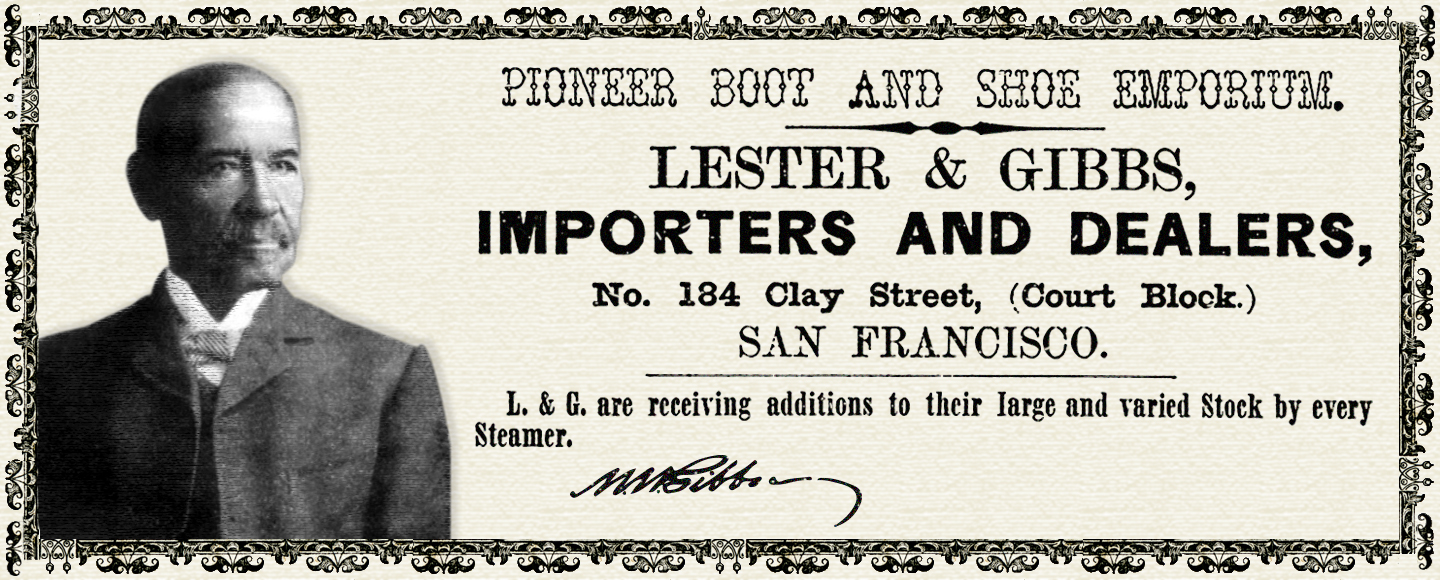
Mifflin Wistar Gibbs was born in Pennsylvania in 1823 to a free black minister and his wife. His working life started at the young age of 8, when his father died and he had to leave school to support the family. After working as a carriage driver and apprentice carpenter until his early 20s, and lacking a formal education, Gibbs joined the Philadelphia Library Company of Colored People. Started in the 1830s to provide a place of learning and intellectual exchange for African Americans in Philadelphia, the group boasted an extensive library and hosted regular readings, debates, and lectures. While attending these meetings, Gibbs met influential abolitionists and decided to join the fight to end slavery.
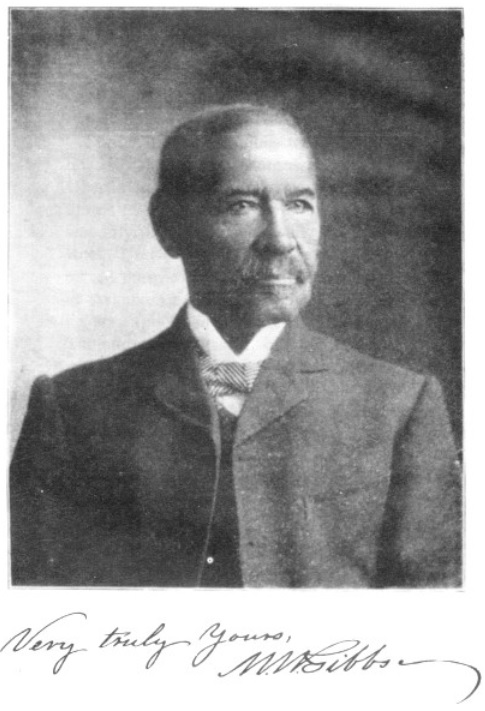
Gibbs and others worked together to create a network of supporters who guided people from enslavement in the South to freedom and a new life in New England and Canada. Booker T. Washington later credited Gibbs by declaring that, “Some of the most dramatic operations of the famous ‘Underground Railroad’ came under his personal observation.” To avoid slave hunters or officers of the law, most people escaping slavery came to Philadelphia in secrecy. Writing in his autobiography in 1902, Gibbs reflected on his favorite “flight to freedom” missions.
One of the best known cases of subterfuge was the escape of Henry Brown. An Underground Railroad operative in Richmond, Virginia, smuggled Brown out of the state in a wooden shipping crate about 2-by-2-by-3 feet. Despite the “this side up” sign marking the box with Brown inside, it was tumbled terribly and even left upside down for hours. Gibbs and others gathered around the box when it was secured in a safe place. They gave the pre-arranged signal: three knocks. To everyone’s joy, Brown responded and was released quickly. In later years, Henry “Box” Brown went on a speaking tour with his box to discuss his enslavement and escape.
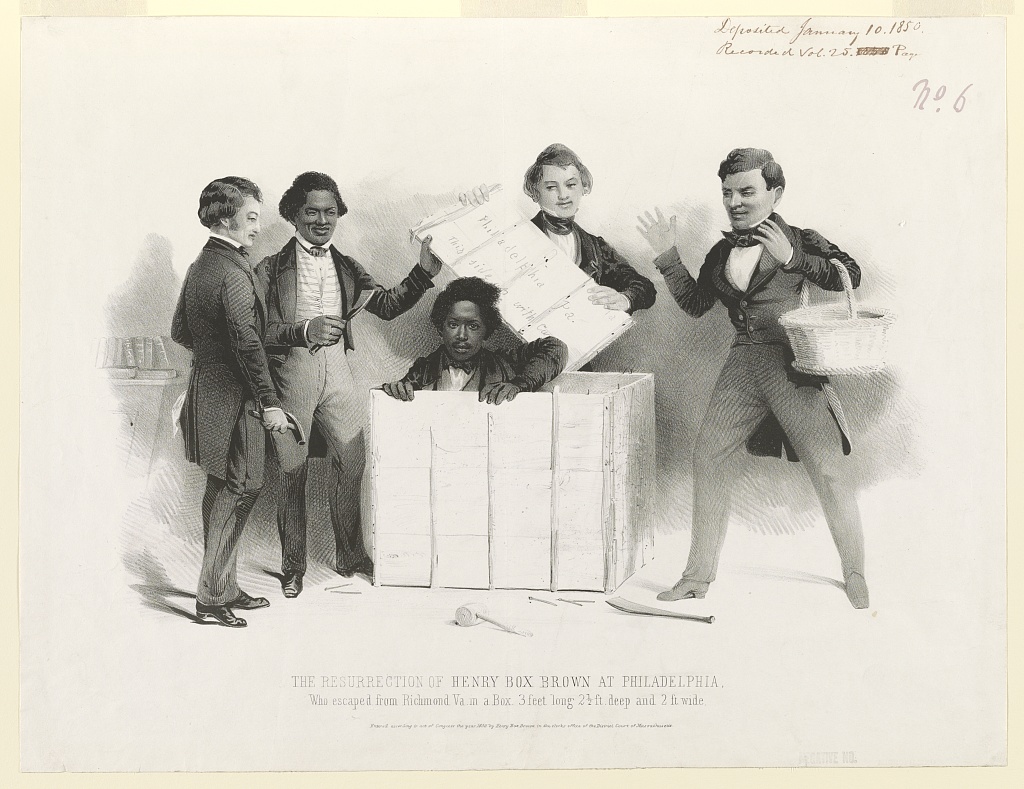
Making money in the Gold Rush
In 1849, Frederick Douglass attended the National Anti-Slavery Convention in Philadelphia. He invited Gibbs to join him on a speaking tour starting in Western New York. Afterward, Gibbs found himself directionless, without any clear path or purpose. Abolitionist Julia Griffith gave him advice that inspired him for the rest of his life: “What! Discouraged? Go do some great thing.”
While traveling with Douglass, Gibbs met people returning from the California Gold Rush with “dazzling accounts of immense deposits of gold in the new Eldorado.” Soon after, Gibbs set out for his own California adventure and to follow Griffith’s advice.
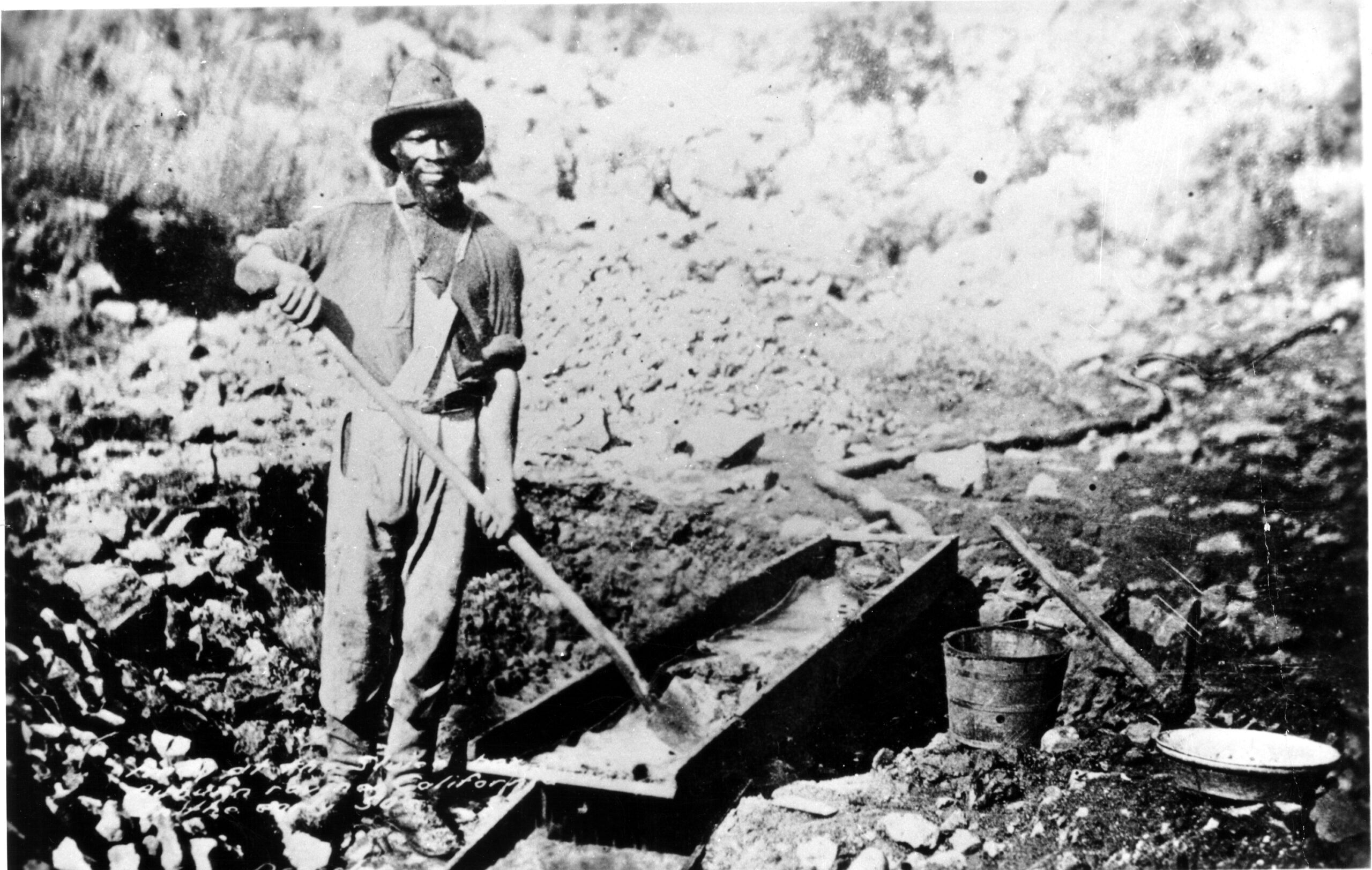
Gibbs landed on the dock at San Francisco in 1850 with 60 cents in his pocket, and he promptly set about finding a job. He borrowed tools and started working as a carpenter. The white workers at the jobsite knew Gibbs was paid less. Fearing he would drive down the wages for everyone, the other workers threatened to quit. His boss soon gave him an impossible choice: Either gather a team of other skilled black men to finish the job or leave.
Eventually, Gibbs found work at a shoe shop run by another African American man named Peter Lester. The two went on to become partners in a lucrative business in which they gained a reputation for producing some of the finest quality shoes in the Gold Rush. They advertised locally when new shipments of shoes from Philadelphia, London, and Paris arrived with catchy headlines like: “Look out for the rain! Lester & Gibbs would caution the gents of San Francisco to beware of wet feet during the approaching season as they lead to coughs, colds, consumption, and finally, undertakers’ bills.”
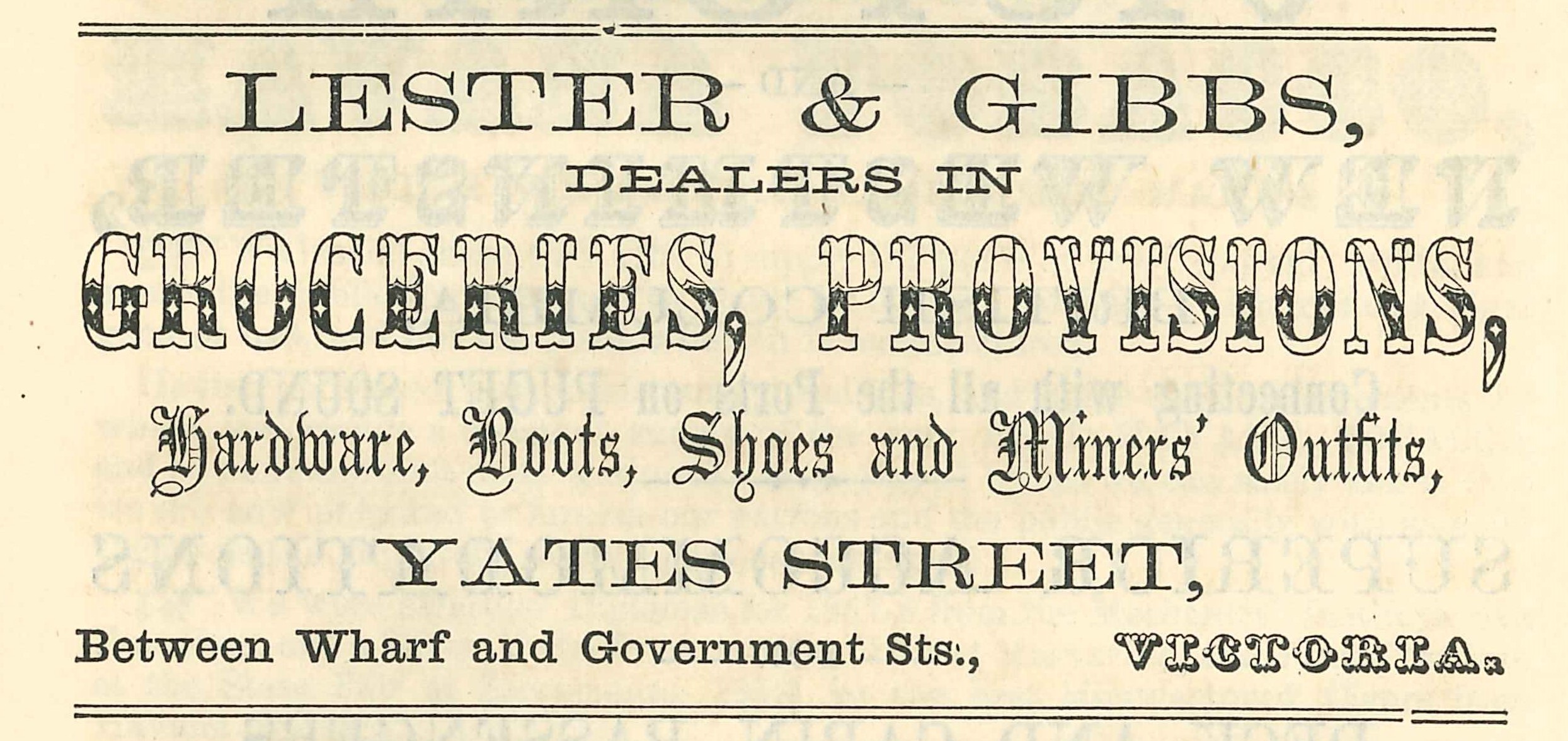
As their reputation grew, they expanded their business and received orders from up and down the Pacific Coast. When Gibbs and Lester needed help managing a shipment of footwear to distant customers, they turned to Wells Fargo. The bank and express company used its vast network of offices and agents to make secure deliveries and payments for the prospering merchants. In an 1855 ad placed in the Sacramento Daily Union, Lester and Gibbs directed customers: “Our patrons residing in various parts of the State, can obtain what they desire, with greater facility by giving their orders to the Messengers connected with either Pacific Express Co. or Wells Fargo & Co.’s Express.”
Living in a free state, but still not free
When California became a state in 1850, it entered the Union as a free state where slavery was prohibited, but the Gold Rush attracted people from all over the nation. Abolitionists and free African Americans moved in the same circles as slave owners and their sympathizers. In California, African Americans had new opportunities to pursue wealth, but they were also unable to vote or testify in court.
The inability to testify was tragically experienced firsthand by Gibbs. One day, a dissatisfied customer took a heavy cane and beat Gibbs’s partner Lester “who was compelled tamely to submit, for had he raised his hand, he would have been shot.” Despite witnessing the assault, Gibbs could not testify in court as a witness. Even Lester could not give any legal statement about the crime committed against himself.
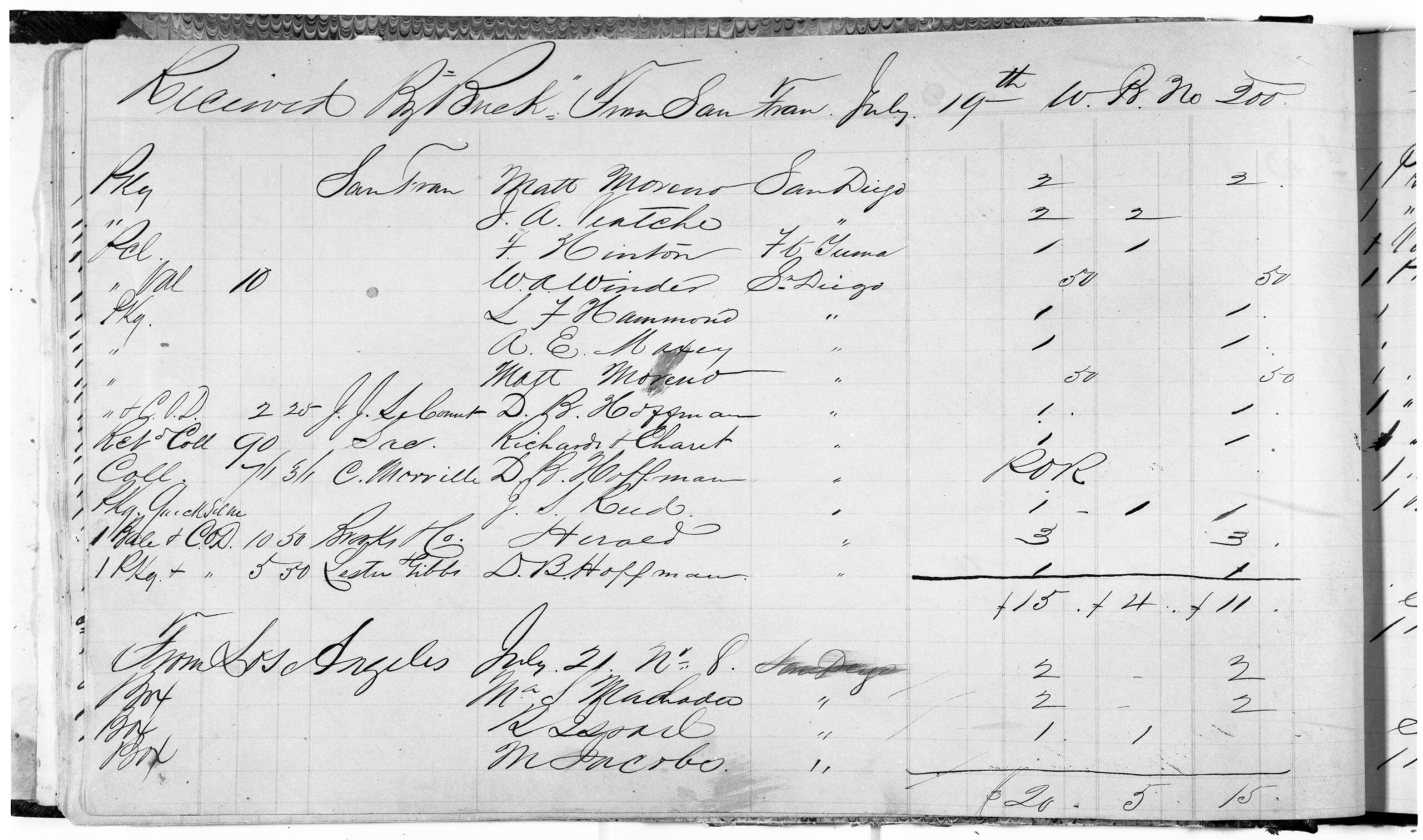
Gibbs used his experience of working with abolitionists in Philadelphia to organize and push for changes in California. He led the organization of a series of Colored Conventions from 1855 to 1865 to push for changes to voting and civil rights laws, and to get equal access to public education and freedom from discrimination.
He helped start the first black newspaper in San Francisco called the Mirror of the Times. Like social media sites today, community newspapers like Gibbs’s helped share information, build support, and even raise donations. The Mirror of the Times and other African American newspapers like The Elevator directed their patrons to use Wells Fargo to send reports, petitions, and payments. In Stockton, California, Wells Fargo messenger William Robison, who was active in the same circles Gibbs led, even acted as the local agent for the Mirror of the Times by collecting subscriptions and arranging delivery.
Another gold rush
In 1858, gold was discovered on the Fraser River in western Canada. Gibbs traveled to Victoria, British Columbia, with a shipment of supplies to sell to eager miners. He quickly realized that the Fraser River gold rush could be lucrative to an experienced merchant, and he made Victoria his new home.
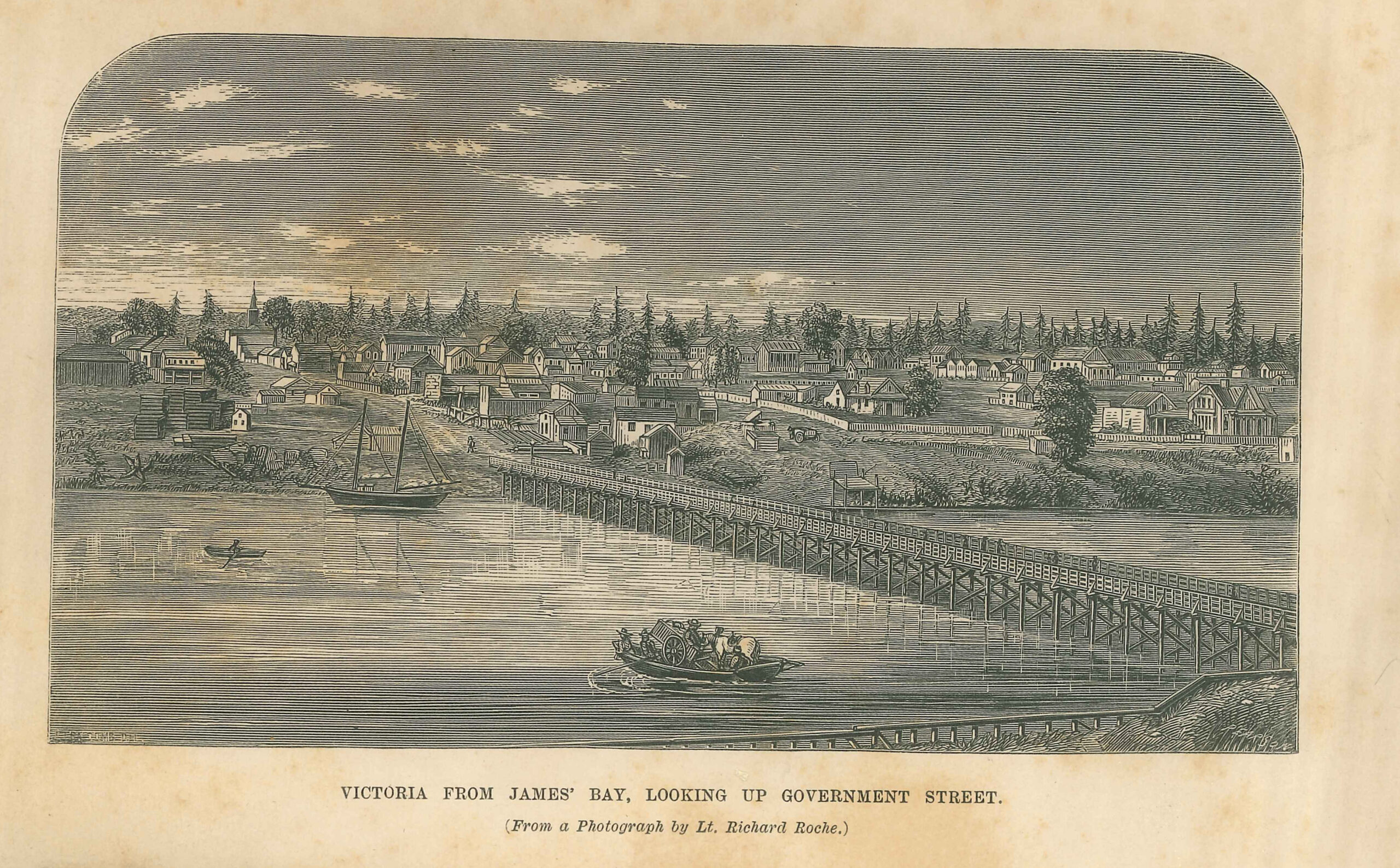
Politics motivated Gibbs as well as profit. As he later explained, “We had no complaint as to business patronage in the State of California, but there was ever present that specter of oath denial and disfranchisement; the disheartening consciousness that while our existence was tolerated, we were powerless to appeal to law for the protection of life or property when assailed. British Columbia offered and gave protection to both, and equality of political privileges.”
Gibbs was part of a large migration of African American families, including his partner Lester, who moved north to pursue political freedom and protection. Like many businesses in Victoria that depended on deliveries by ships, Gibbs and Lester opened a store there on Yates Street, the same street as the Wells Fargo office. In Victoria, Gibbs entered politics for the first time and was elected to the Common Council of the City of Victoria in 1866.
Back to the U.S.
After the dust of the Civil War settled, Gibbs decided to return to the United States. He moved to Oberlin, Ohio, and studied law at Oberlin College. In 1871, he moved to Little Rock, Arkansas, where he began putting his law degree into practice. He quickly rose in local politics, becoming county attorney and municipal judge of Little Rock. While Gibbs had served in office before in Victoria, he saw his election in Little Rock as “exceedingly complimentary from a population of 16,000, a large majority of which were not of my race.” Gibbs went on to serve in positions in the United States Land Office and as U.S. Consul to Madagascar.
When Gibbs published his autobiography in 1902, he reflected on his life, hoping it “might be of benefit to those who, eager for advancement, are willing to be laborious students to attain worthy ends.”
Today, Wells Fargo celebrates his success as a political and business leader, and shares his story as an inspiration to others.